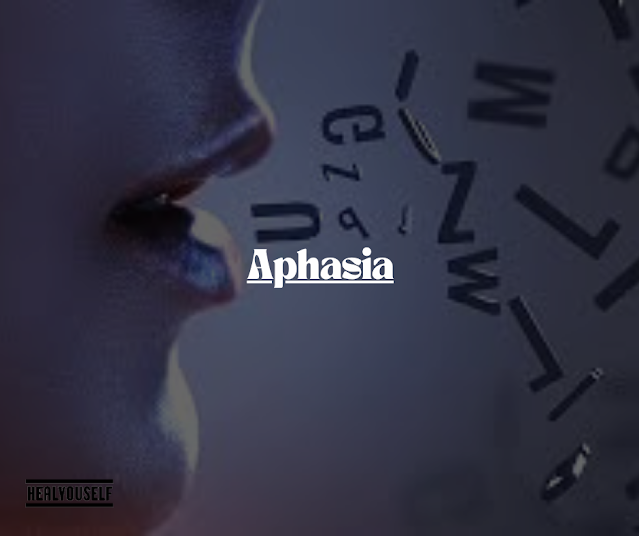Aphasia Causes, Symptoms, and Treatment
Causes of Aphasia
Aphasia is primarily caused by damage to the language centers of the brain, which are typically located in the left hemisphere. The most common cause of this damage is a stroke, which disrupts blood flow to the brain and can result in permanent brain damage if not treated promptly. Other causes include head injuries, brain tumors, infections affecting the brain, and progressive neurological conditions such as Alzheimer's disease or Parkinson's disease.
Types of Aphasia
There are several types of aphasia, each affecting language abilities differently:
Broca's Aphasia: Also known as non-fluent aphasia, this type affects the ability to speak fluently. People with Broca's aphasia often struggle to form complete sentences and may speak in short, fragmented phrases.
Wernicke's Aphasia: Known as fluent aphasia, Wernicke's aphasia impairs comprehension and the ability to produce meaningful speech. Individuals with this type of aphasia may speak in long, complex sentences that lack coherence.
Global Aphasia: This severe form of aphasia affects all aspects of language, including speaking, understanding, reading, and writing. Communication is extremely limited in individuals with global aphasia.
Anomic Aphasia: Anomic aphasia involves difficulty recalling words, leading to frequent pauses in speech as the individual searches for the right word. Despite this, comprehension and sentence structure remain intact.
Symptoms of Aphasia
The symptoms of aphasia vary depending on the type and severity of the condition. Common symptoms include:
- Difficulty finding words or using incorrect words (paraphasia)
- Trouble understanding spoken or written language
- Inability to speak or speak fluently
- Challenges with reading and writing
- Frustration or anxiety related to communication difficulties
Diagnosis and Evaluation
Aphasia is typically diagnosed through a combination of neurological exams, language tests, and imaging studies such as MRI or CT scans. A comprehensive evaluation helps determine the type of aphasia and its underlying cause, guiding treatment decisions.
Treatment Options
Treatment for aphasia focuses on improving communication skills and quality of life. Common approaches include:
- Speech Therapy: Tailored exercises to practice language skills and improve communication abilities.
- AAC (Augmentative and Alternative Communication): Devices or strategies (e.g., picture boards, electronic speech devices) to facilitate communication when speech is impaired.
- Medication: Depending on the cause (e.g., stroke, underlying condition), medications may be prescribed to manage symptoms or prevent further damage.
Prognosis and Outlook
The prognosis for aphasia varies widely based on factors such as the cause, type, and extent of brain damage. Recovery can be gradual and may continue for months or even years after the initial injury. With appropriate therapy and support, many individuals with aphasia can improve their communication skills and adapt to their condition.
Sources:
American Speech-Language-Hearing Association. (n.d.). Aphasia. Retrieved from https://www.asha.org/public/speech/disorders/aphasia/
National Institute of Neurological Disorders and Stroke. (2022). Aphasia Information Page. Retrieved from https://www.ninds.nih.gov/health-information/disorders/aphasia
Mayo Clinic. (2022). Aphasia. Retrieved from https://www.mayoclinic.org/diseases-conditions/aphasia/symptoms-causes/syc-20369518
Conclusion
Aphasia is a complex condition that requires individualized treatment and support. By understanding its causes, symptoms, and available therapies, both patients and caregivers can navigate the challenges of aphasia with greater clarity and optimism for recovery.

